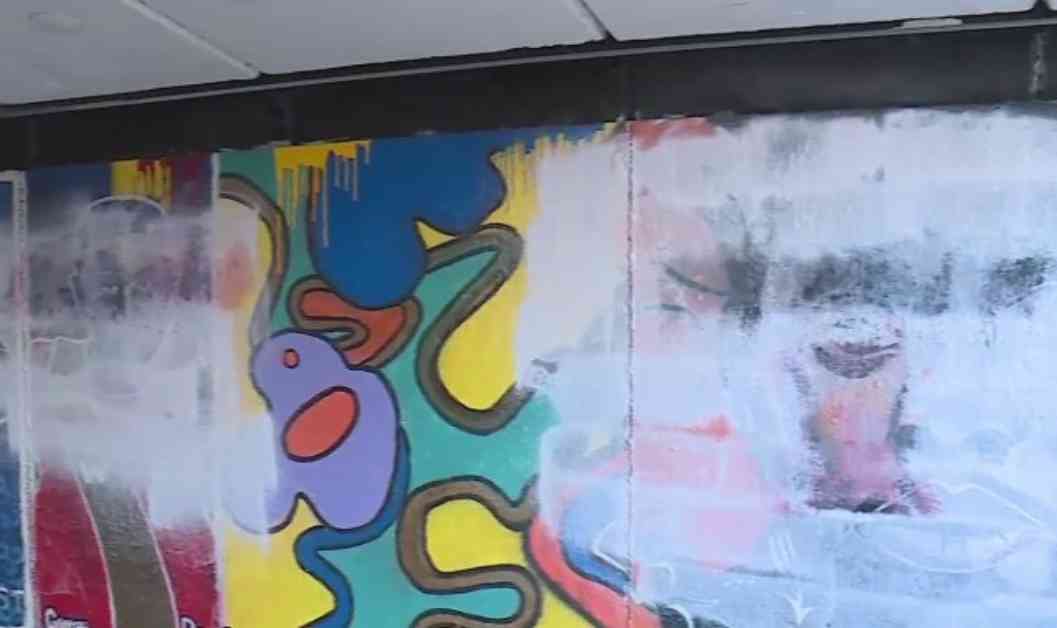Mitchell Wagner, a 26-year-old man from Florissant, was recently sentenced to two years of probation after admitting to defacing a Black history mural at Washington University in St. Louis. The incident took place in December 2021, when the university’s “Never-Ending Story” mural, located in the South 40 underpass, was discovered vandalized. The mural, which showcases various notable African Americans, had several faces painted over and marked with the symbol of a white supremacist group, resulting in an estimated $10,000 worth of damage.
Surveillance footage identified Wagner, along with three other individuals, as the perpetrators behind the defacement. The license plate of a vehicle seen in the video matched one registered to Wagner, leading to his arrest and subsequent plea of guilty to second-degree property damage. While Wagner was initially charged with first-degree property damage, a felony offense, his charge was later reduced to a misdemeanor.
In an effort to make amends for his actions, Wagner paid $8,500 in restitution on October 4th. Additionally, as part of his probation sentence, he is prohibited from having any contact with Washington University. Despite the involvement of multiple individuals in the defacement of the mural, Wagner remains the only one to have faced legal consequences thus far.
The defacement of the Black history mural at Washington University highlights the ongoing issue of racial intolerance and vandalism targeting symbols of African American heritage. The vandalism not only caused significant financial damage but also inflicted emotional harm on the community, particularly those who value and appreciate the representation of Black history in public spaces.
It is essential for individuals to recognize the importance of respecting and preserving cultural and historical monuments, regardless of personal beliefs or biases. Acts of vandalism such as this serve to perpetuate division and hatred, undermining efforts towards promoting diversity and inclusion within society.
As we move forward from this incident, it is crucial for communities to come together in support of initiatives that celebrate diversity and educate others on the significance of Black history. By fostering a culture of respect and understanding, we can create a more inclusive environment that honors the contributions and achievements of all individuals, regardless of race or background. Let us use this unfortunate event as a catalyst for positive change and unity within our community.


